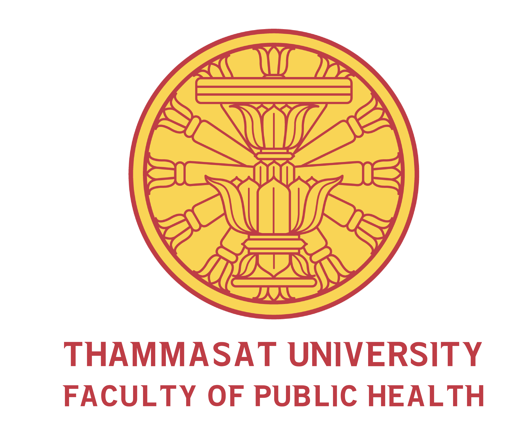The 25th edition of the KIHASA Global Social Security Forum took place online on the 29th of October 2021 with the theme ‘Social Health Protection in times of the COVID-19 Crisis’, using the momentum created by the global pandemic to emphasize the importance of access to quality health care without hardship and income security in times of sickness, in times of crisis and beyond.
Through the yearly Forum, the Korea Institute of Health and Social Affairs (KIHASA) aims to give participants from across the region and beyond, a space and platform to promote collaborations and partnerships, and exchange knowledge, experiences and best practices on social health protection in the Asia Pacific.
The objective of the 2021 event was to present research and evidence produced by CONNECT specialists from South Korea, Thailand, Viet Nam and the International Labour Organization (ILO) on the key role of national social health protection systems to address COVID-19 challenges related to health care and sickness needs among populations. Research papers presented preliminary findings on the impact of the different waves of the pandemic on areas such as revenues and expenditure, membership to national schemes, utilization of services in the different countries whilst also looking at issues of sickness benefit policies and reforms and looking at the way forward.
KIHASA is a social policy think tank based in Sejong City, Republic of Korea, and a founding member of the CONNECT network. Its mission is to conduct research and offer evidence-based solutions that lead to better policy decisions and performance in improving people’s health and well-being. It has been organizing annual international conferences to discuss and review current policy trends and issues from around the globe, covering a wide array of social and public health policy issues, including social expenditure and revenues, old-age pensions, public health, long-term care, work accident and sickness benefits, disability, unemployment insurance, Labour market activation, social assistance, family benefits and services, housing, education, working poor, and policy evaluation.


